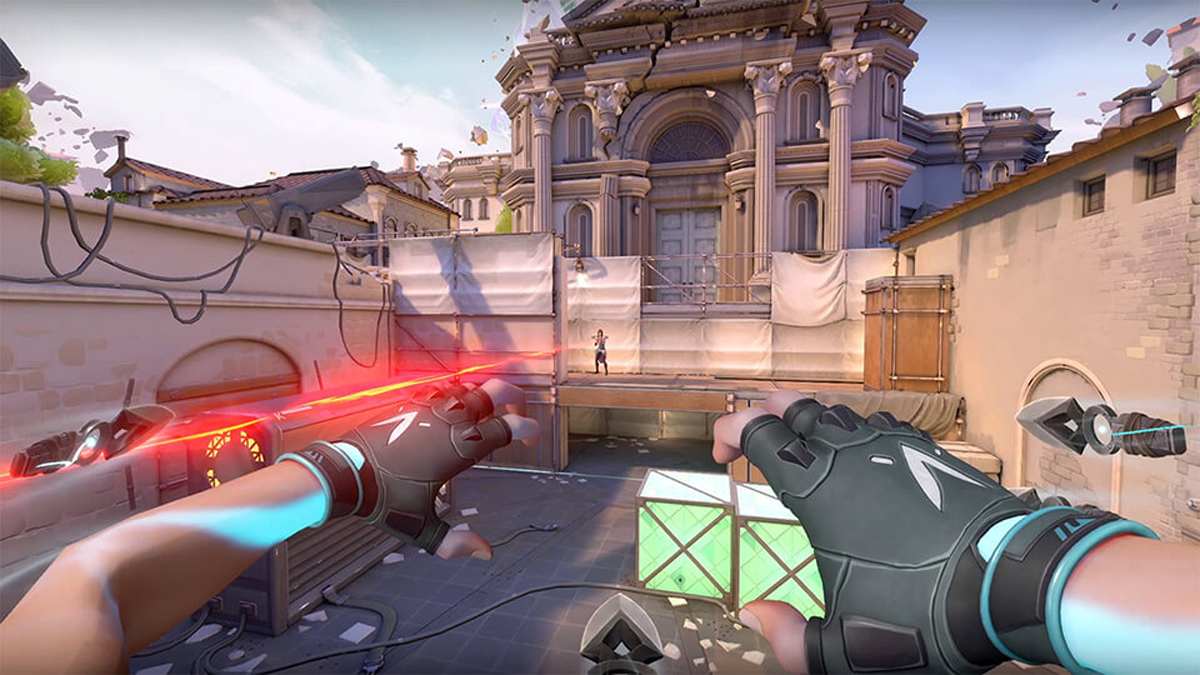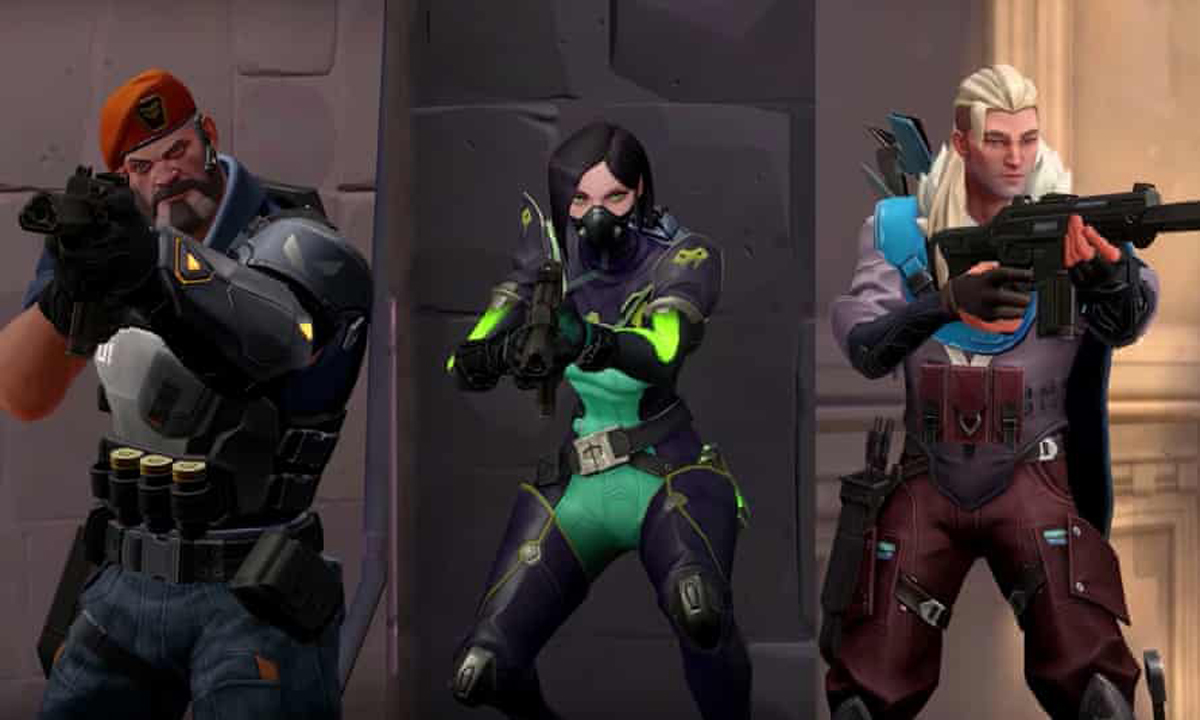Concurrently, in regards to user privacy, the developer assured that not all voice chats will be monitored. Riot explained that only Valorant sessions that have been reported to contain disruptive behaviour will be evaluated for further action towards certain individuals. It did not detail what the repercussions are, but it’s quite likely that involved players will be greeted by the almighty banhammer. “We know collecting voice data is a concern for many of you, but be assured that we would never ship anything if we weren’t comfortable having our own data treated the same way,” Riot wrote on its official website. In addition, it noted that all recorded voice chats will be permanently deleted “when it is no longer needed for reviews”. For Valorant players who prefer not to have their voice communication captured, the developer recommends to turn off the in-game feature entirely. As most of us are aware by now, there are numerous options available for gamers to communicate with one another outside of the game’s voice chat – including platforms such as Discord, TeamSpeak and more. However, these alternatives limit them to only chat with friends and teammates, and not with random players or even the opposing team. The latter two are the more common instances of where toxic behaviour is often attributed to – something that Riot is trying to virtually eliminate in its entirety.
The developer says that it is also implementing a new Terms of Service update with an updated global refund policy with new rules for what can and cannot be refunded, processes for requesting refunds, rules governing refunds related to third-party marketplaces if applicable, and other relevant and helpful information. Lastly, Riot also noted that it will be updating the language to its Vanguard anti-cheat software for all of its current and future titles. Riot did not mention when the voice chat monitoring measure will be implemented but says that it will be tested out in the US first before expanding to other regions. At this time, Riot added that this new form of player moderation only applies to Valorant, with plans of including it to other games under its brand such as League of Legends and others in the near future. (Source: Riot Games [Official website])

